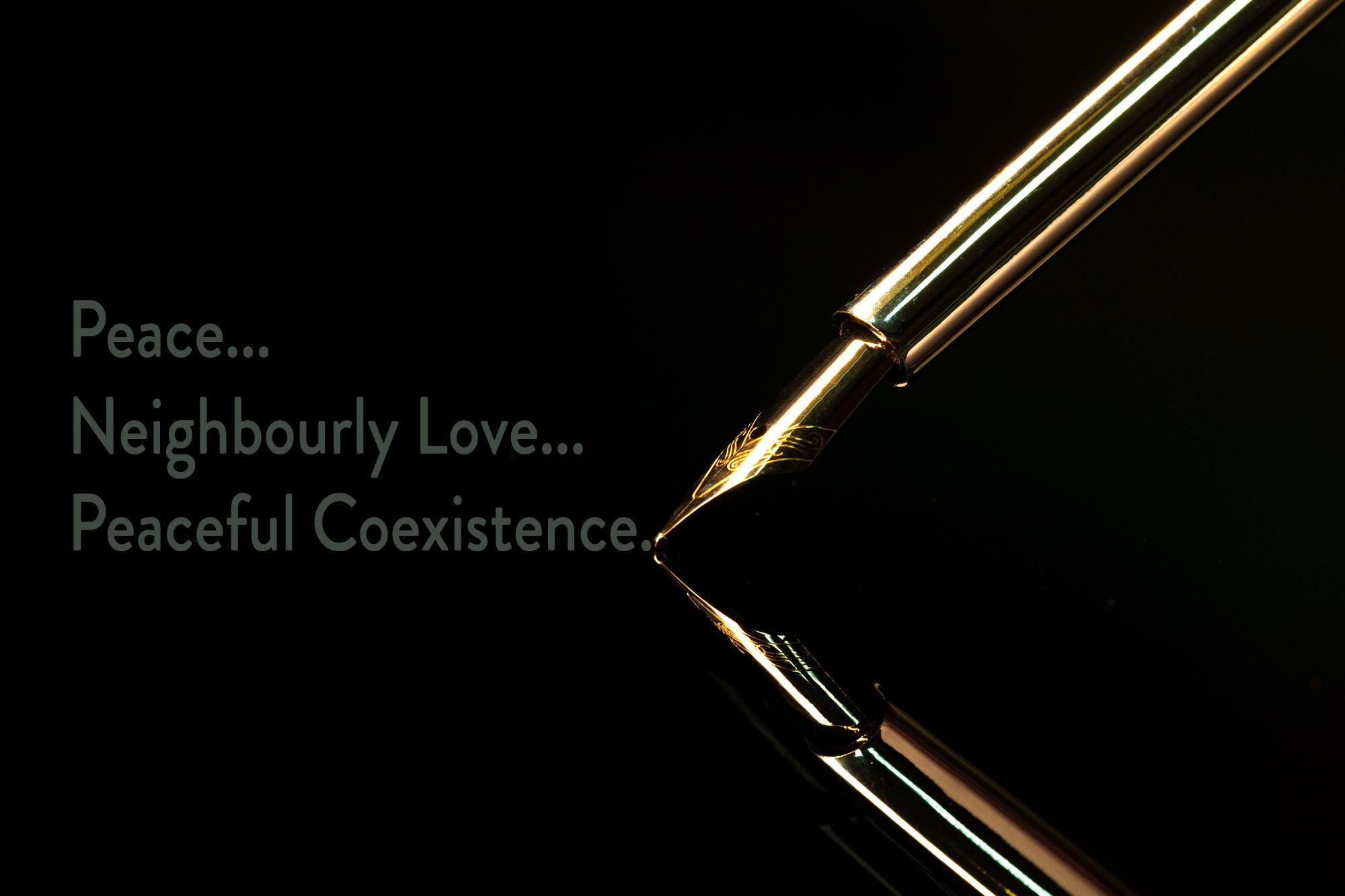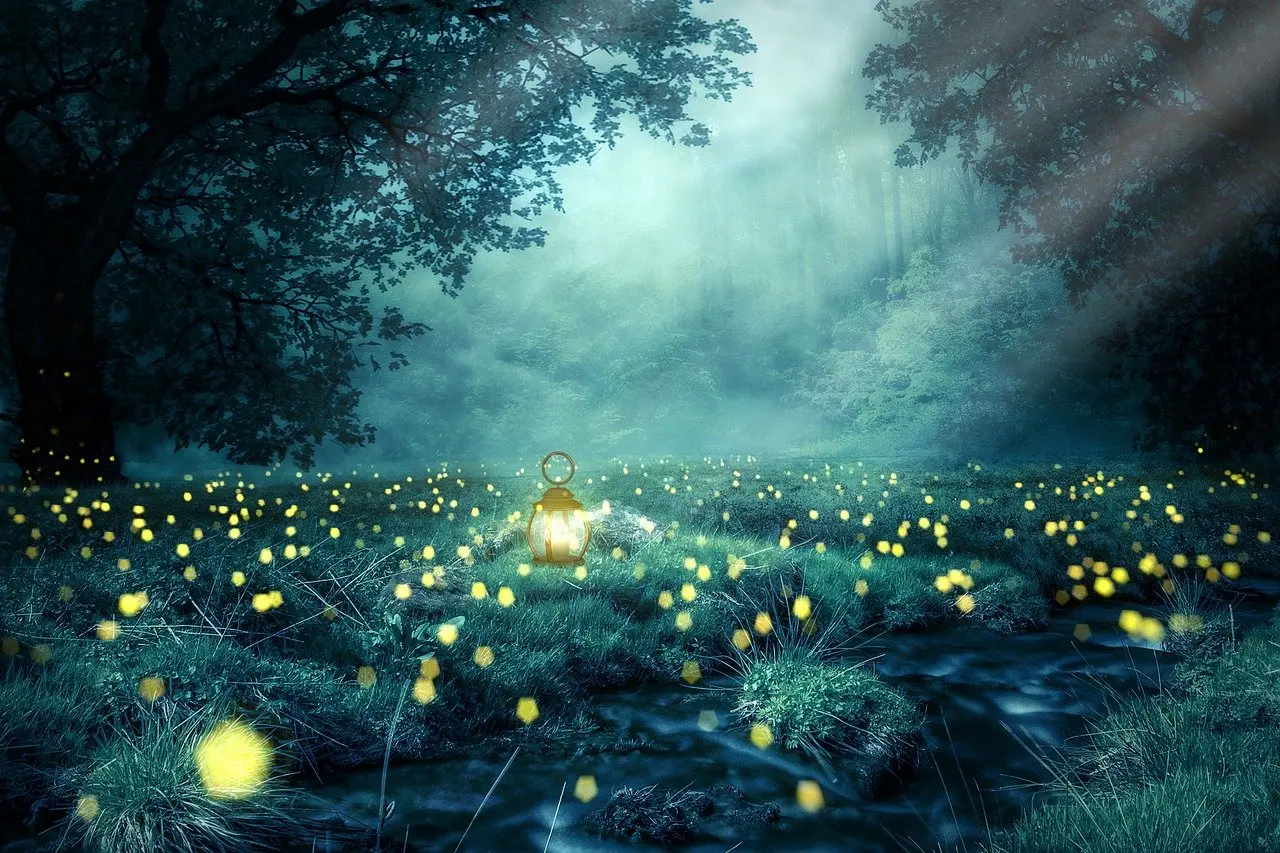
In life and in families things often become difficult. Involved.
When times are good, it seems easy to be graceful and acknowledging. Giving. When times are hard and have been for some time, perspectives may change.
‘Stocktaking’ is the term for doing a check on goods in a storage room or business, originally. But it is often applied to the recall, the active review on memories; or of course, the present times: What seems hard to endure. What seems especially unjust or unfair in a lifetime, compared.
Probably sometimes that little word ‘compared’ is crucial:
Comparing myself and my lot to others.
Mostly when we feel unjustly dealt with, we compare ourselves, our hardships, to people who seem well off. Happy. Relaxed. Always in possession of what seems to make life easy, nice and ‘cool’.
What we tend to omit is the other view: Compare our lot with so many others that are off much worse.
It’s not always helpful right at first, when we may feel overwhelmed by taking care of relations. Having children. Taking care of sick people. Of the terminally ill.
And it is also crucial to find ways of relieve in such times!
It’s been proven that people in caring professions such as medical doctors, nurses and people in health care are particularly apt to suffer from burnout.
In families caring for the sick and elderly too can be underestimated, or having children. Too often an ideal of an angelic figure roams the fairy stories and concepts of motherhood, especially, which is far from reality.
Some Hollywood movies as well as some kinds of TV-serials or advertisements can strongly suggest it, though.
Mothers and other people are just human beings. They can make mistakes. They can feel overwhelmed.
They can feel underestimated. They can feel tired to their bones.
I have seen people in other cultures who still understood through generations of large families with more than 8 or 10 children and grandchildren in each thread that what humans are, is not perfect.
That life can deal you hard ‘decks’, without any responsibility or fault of your own.
That’s what we need to understand, to further mutual understanding:
-
- Very often we are not at fault, when things go wrong.
- We cannot possibly be perfect, because that’s not human.
- When the chips are down, we may need help.
- To ask for help is good. We may have to learn that, again.








